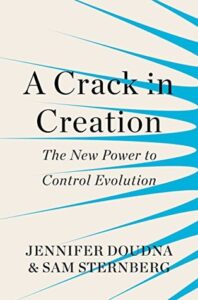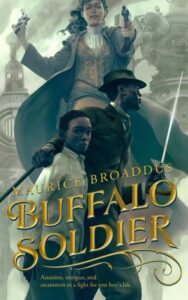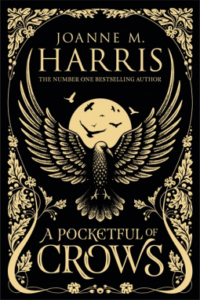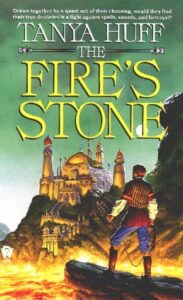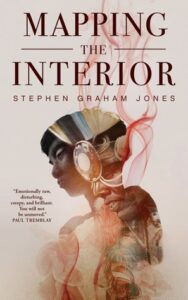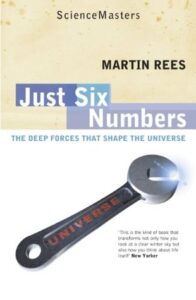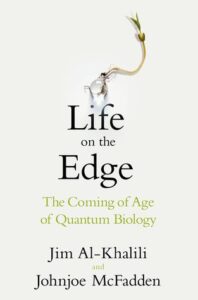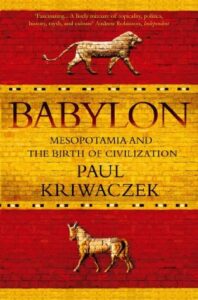 Babylon, Paul Kriwaczek
Babylon, Paul Kriwaczek
Not that long ago, I abandoned Gwendolyn Leick’s book Mesopotamia because of the overwrought sentences and the weird, unsourced assertions, like this:
“Perhaps the fountains and pools in Middle Eastern buildings of much later centuries retain a faint memory of the old lagoon in the very south of Mesopotamia.”
And yet, I pick this up, and in the second chapter…:
“Remembered too was the Apsu, the sacred lake from which [a god] emerged, referenced by a basin of fresh water installed in every later Mesopotamian temple — and perhaps also, long after, still remember in the Wudu, or washing, pool of the Islamic mosque and maybe even in the baptismal font of the Christian church.”
There’s no source in the further reading for this. I know that much of what we think we know about Mesopotamia must be speculative, but this repeated assertion leaves me with so many questions. It’s not my area, really, but I can’t help but want to point out that fresh water is easy to conceptualise as sacred because it’s so necessary to human life. By this point in the book, maybe two solid archaeological finds have been referenced, along with a handful of later texts. In the same way, Krizwaczek links the Virgin Mary to the goddess Inanna via Inanna’s symbol of the cow shed:
“The Queen of Heaven of the Christian church would one day give birth to her baby saviour in a distant but direct descendant of the mother-goddess’s cow-byre.”
This feels more like imaginative recreation than history. It’s all very pretty to read, but I’m wary of these links. English literature makes such claims of links between literature which the authors never thought of themselves; sometimes the link is elegant and pretty and makes sense, and yet means absolutely nothing, because it wasn’t actually really made in the author’s mind. So too, perhaps, with religion. I’d at least like to see some solid references; even popular history has room for sources and referencing, even if in a supplementary chapter 90% of readers don’t look at.
The book is pleasant enough to read, but marred by the fact that I don’t know how much credence to give to any of it.
Rating: 2/5
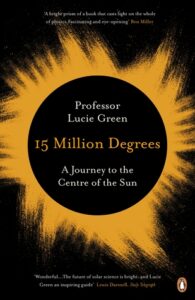 15 Million Degrees, Professor Lucie Green
15 Million Degrees, Professor Lucie Green
